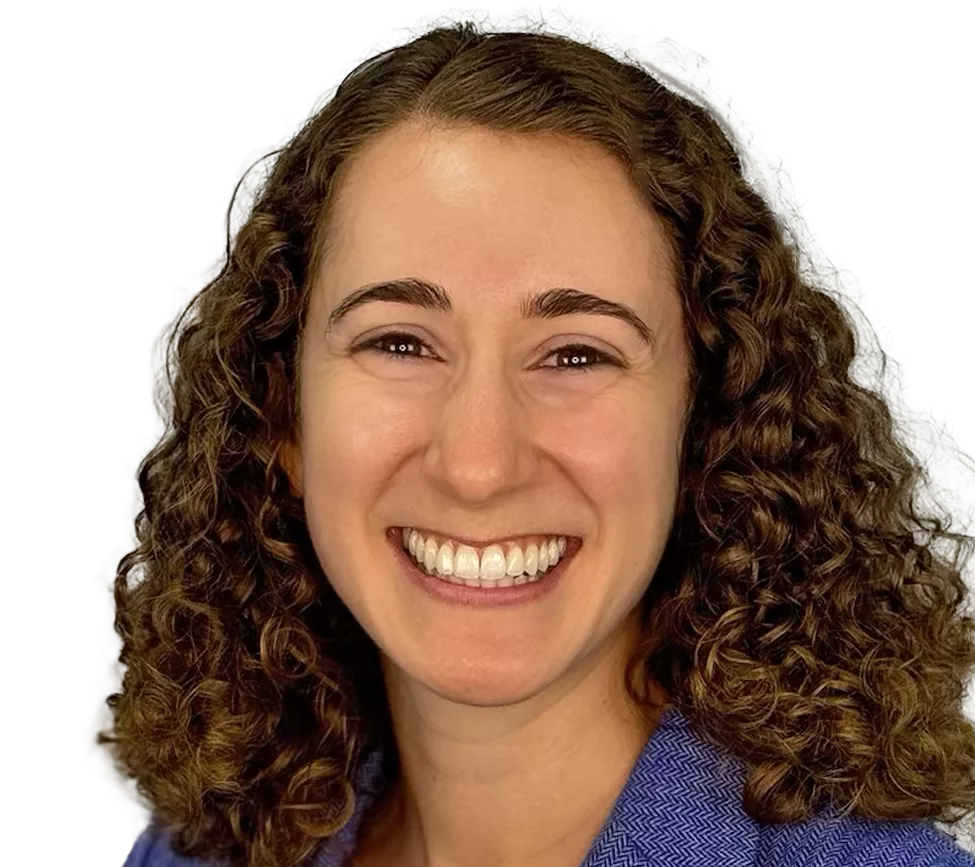

- Ph.D., Systems Engineering, George Washington University, 2025
- B.S., Chemical Engineering, University of Arizona, 2018
- Best paper award at the 6th Bridging Transportation Researchers Conference, 2024
- Design & Technology Fellow, Fellowships at Auschwitz for the Study of Professional Ethics, 2023
- National Science Foundation Co-Design of Trustworthy AI Systems Research Traineeship, 2022
- National Science Foundation Graduate Research Fellow (NSF GRFP), Recipient 2020
- Trustworthy AI in Law and Society, Affiliate, since 2024
Dr. Kaplan leverages her technical background in systems engineering and experience working in the realm of science and technology policy to offer a unique lens through which to approach clients' challenges. She specializes in the development, testing, failure analysis, performance evaluation, and deployment of emerging technologies including automated vehicles (AVs), advanced driver assistance systems (ADAS), and electric vehicles. Dr. Kaplan's educational and professional background, including experience conducting public and technical stakeholder engagement, provide her with the skillset necessary to effectively collaborate with industry leaders, government officials, and engineers to analyze and navigate complex sociotechnical issues.
Prior to joining Exponent, Dr. Kaplan received her Ph.D. in Systems Engineering from the George Washington University where she evaluated the system-level impacts of automated vehicles (AVs). Her research included consumer choice modeling to evaluate potential competition between transportation modes, economic modeling of emerging AV ride-hailing services, and analysis of the potential workforce development needs and impacts of AV services.
Within the policy realm, Dr. Kaplan has worked on Capitol Hill as part of the House Committee on Science, Space, and Technology and with the Arizona State University Consortium for Science, Policy & Outcomes (CSPO), a DC-based science policy think tank that conducted large-scale public deliberations on emerging science and technology issues. While at CSPO, she authored a paper on a new method for public deliberation that was later cited in a White House report. These experiences provided her with a thorough understanding of the policy and social dimensions that shape technology design and regulation.
Dr. Kaplan also has experience conducting interdisciplinary work with computer scientists on the design and deployment of trustworthy artificial intelligence (AI) systems, including evaluations of AI applications in the domains of healthcare, emergency response, and transportation. This work included examining how consumers and employees engage with artificial intelligence systems. She has also applied machine learning methods to analyze both qualitative and quantitative data.